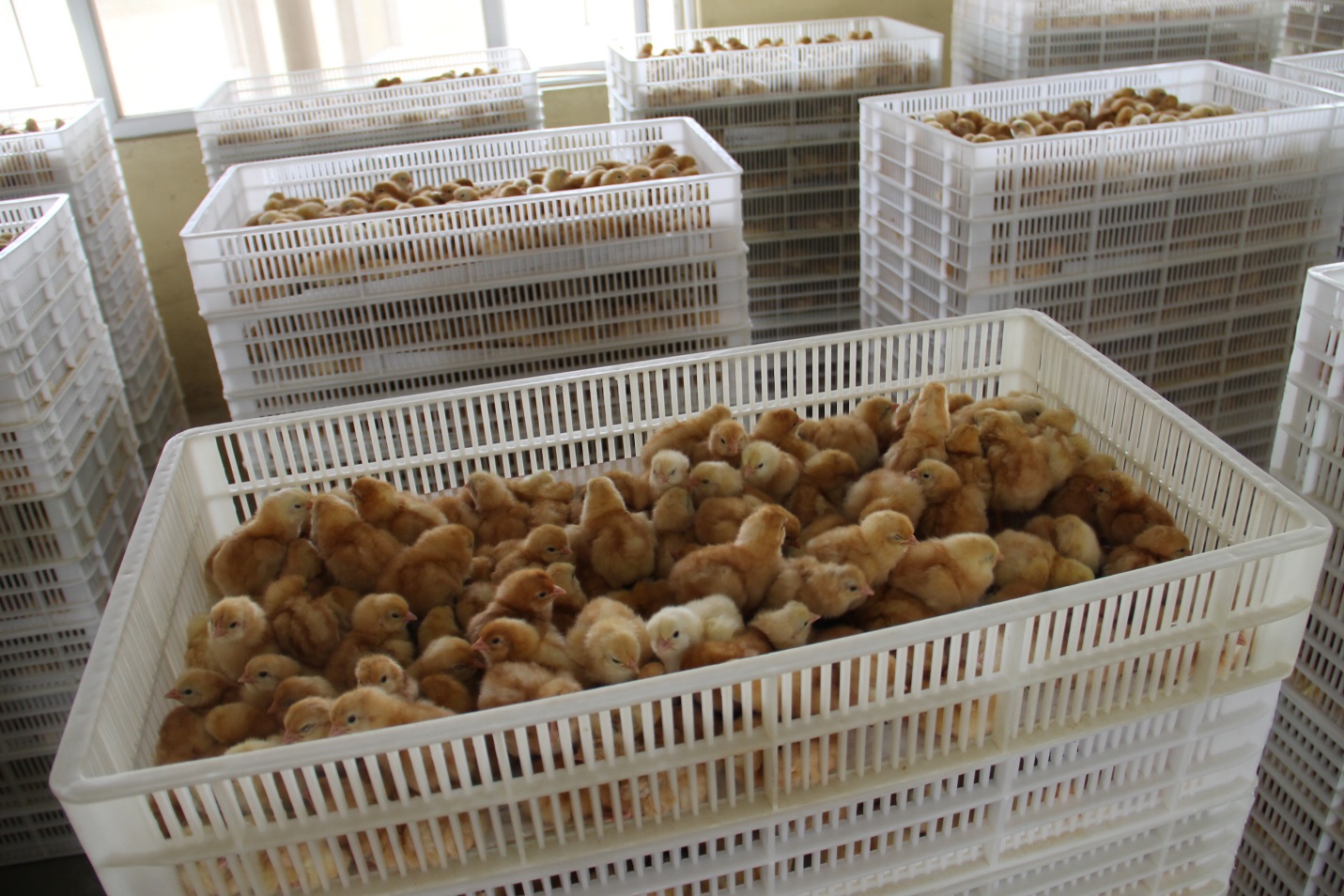
Poultry farming is a vital aspect of agribusiness in Nigeria and across Africa, offering significant opportunities for income generation and food security. Adopting best practices in poultry farming can enhance productivity, profitability, and sustainability. This article explores key practices that every poultry farmer should implement, ensuring that readers in Nigeria and the rest of Africa find this information invaluable and worth investing in.
1. Selecting the Right Breeds
Choosing the Right Breed for Your Goals The first step in successful poultry farming is selecting the right breed. Whether you aim to produce eggs, meat, or both, different breeds offer varying benefits. For example, the Isa Brown is renowned for its high egg production, while the Arbor acre is preferred for meat due to its rapid growth rate.
Example: In Nigeria, the Noiler chicken breed has gained popularity among smallholder farmers. It is a dual-purpose breed, providing both meat and eggs, and is well-suited to the local climate.
2. Optimal Housing and Environment
Designing Effective Poultry Houses Providing a comfortable and secure environment for your poultry is crucial. Poultry houses should be well-ventilated, with adequate space to prevent overcrowding, which can lead to stress and disease. The use of deep litter systems or battery cages can be considered based on the scale and goals of the farm.
Example: A poultry farm in Lagos implemented a well-ventilated deep litter system, resulting in reduced disease incidence and improved overall health of the flock.
3. Nutrition and Feeding
Balanced Diet for Optimal Growth Proper nutrition is essential for the growth and productivity of poultry. A balanced diet should include the right mix of proteins, vitamins, and minerals. Commercial feeds are commonly used, but incorporating locally available ingredients like maize, soybeans, and fishmeal can be cost-effective and nutritious.
Example: Farmers in Kaduna have successfully incorporated moringa leaves into their poultry feed, enhancing the nutritional value and improving the health and growth rate of their birds.
4. Disease Prevention and Biosecurity
Implementing Strict Biosecurity Measures Disease prevention is critical in poultry farming. Implementing biosecurity measures such as regular cleaning and disinfection of poultry houses, controlling access to the farm, and vaccinating birds against common diseases can prevent outbreaks and losses.
Example: A farm in Kenya experienced a significant reduction in disease outbreaks after adopting stringent biosecurity protocols, including footbaths at entry points and regular vaccination schedules.
5. Record Keeping and Farm Management
Maintaining Accurate Records Keeping detailed records of all farm activities is essential for effective management. Records should include information on feed consumption, egg production, mortality rates, and vaccination schedules. This data helps in making informed decisions and tracking the farm’s performance.
Example: A poultry farmer in Ghana utilized a digital record-keeping app to monitor flock performance, leading to more efficient management and higher profitability.
6. Sustainable Practices
Adopting Eco-Friendly Methods Sustainable poultry farming practices help in reducing environmental impact and improving farm efficiency. Practices such as recycling poultry waste as manure, using renewable energy sources, and practicing integrated farming can enhance sustainability.
Example: In South Africa, a poultry farm integrated biogas production from poultry waste, providing a renewable energy source for the farm and reducing waste disposal costs.
Conclusion
Implementing best practices in poultry farming can significantly enhance productivity, profitability, and sustainability. From selecting the right breeds and providing optimal housing to ensuring proper nutrition, disease prevention, and record keeping, these strategies are essential for success. By learning from verifiable examples across Africa, Nigerian farmers can adopt these practices to boost their poultry farming ventures.
Investing in these best practices not only improves individual farm outcomes but also contributes to the broader development of the agricultural sector in Nigeria and Africa. Readers in Nigeria and beyond should consider this valuable information as a roadmap to achieving excellence in poultry farming.


